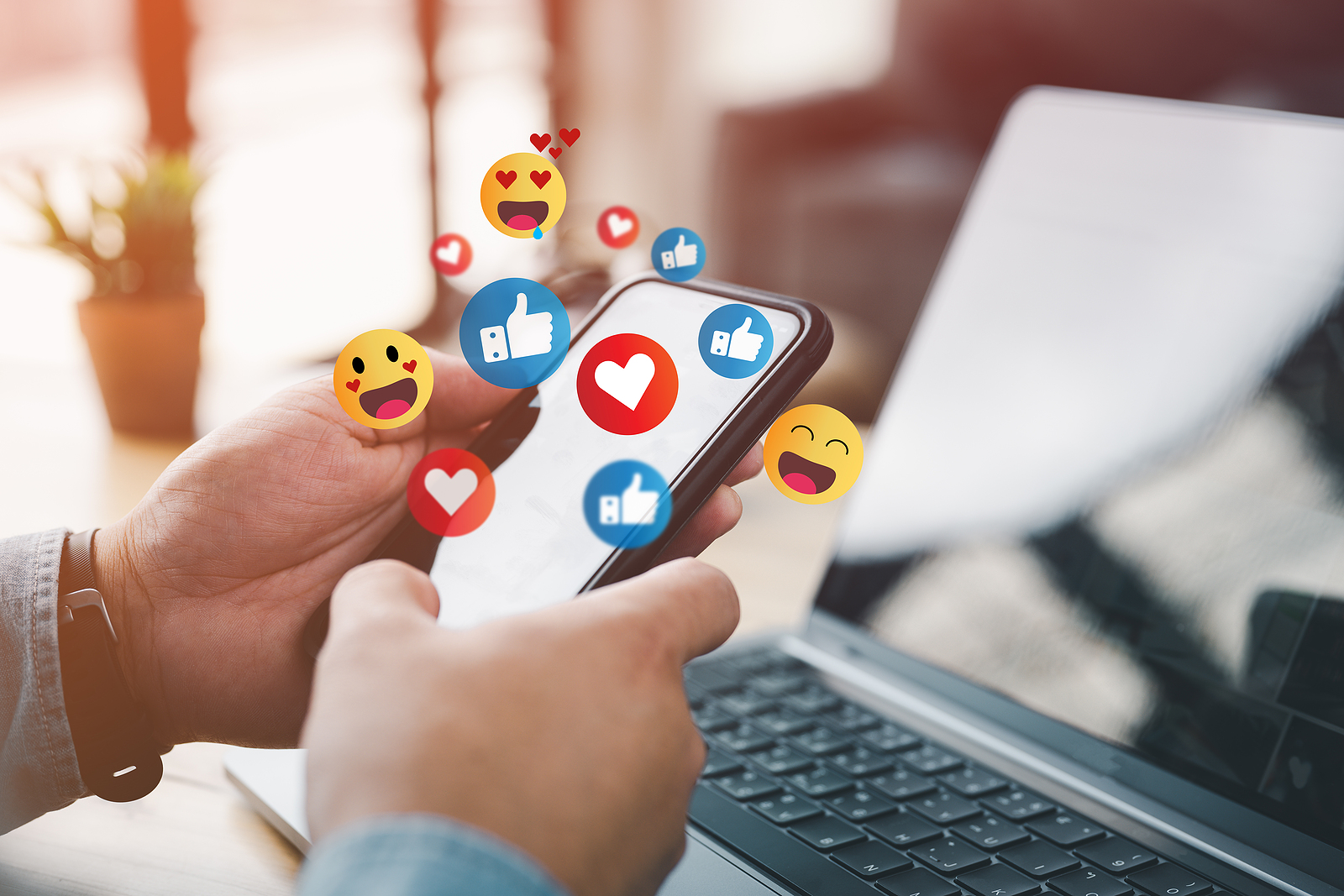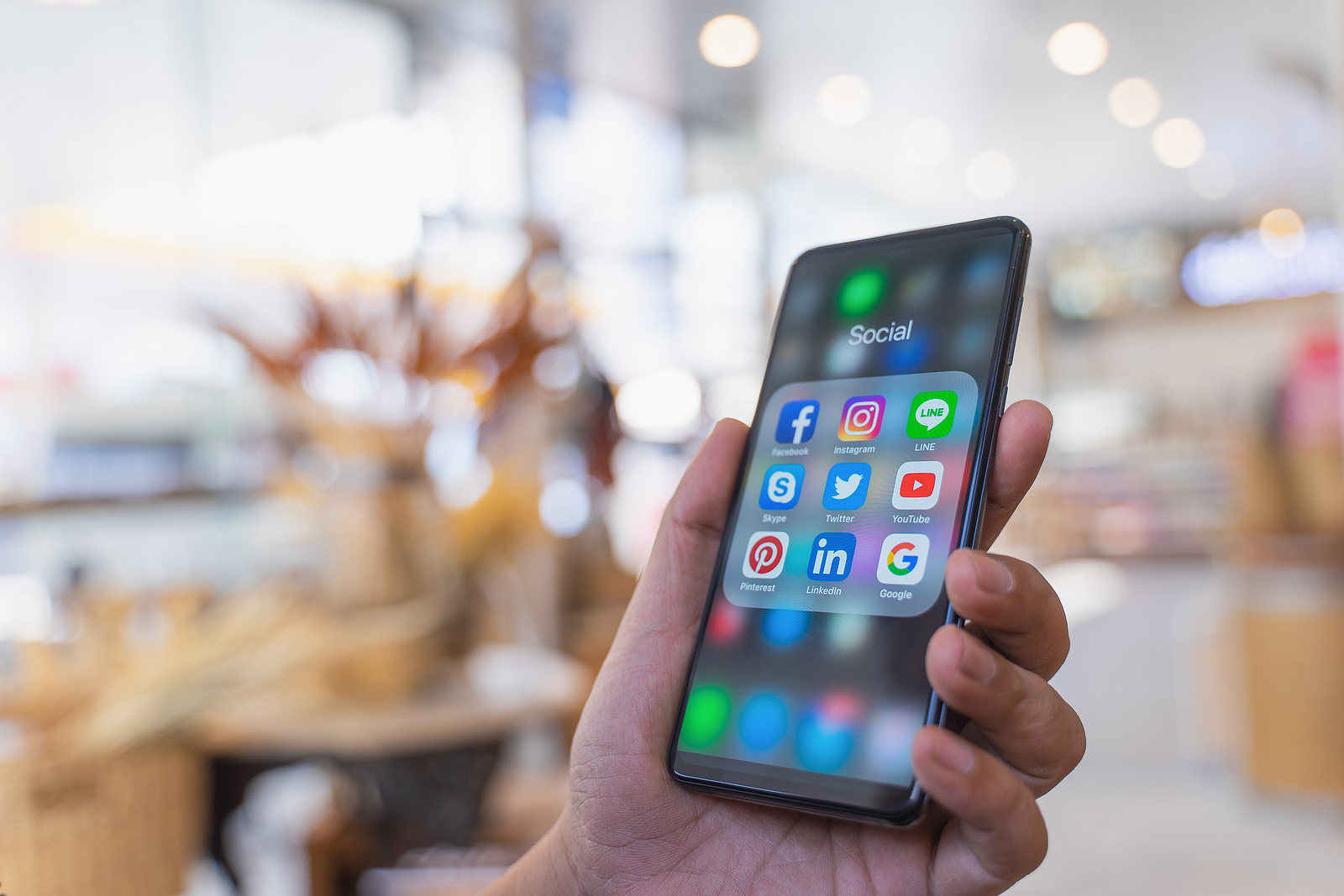Technology has become an ever-present aspect of our lives. From smartphones to smart TVs, such gadgets are almost never more than a few inches from our grasp. While this proliferation of technology has a lot of benefits, there are some major drawbacks. One aspect big tech corporations like Apple Inc. have been under heavy criticism for lately is the very addictive nature of these devices.
“Gadget addiction” is a phrase used to describe a person's inability to put down their smartphone or similar device. This is the excessive use of a device and can have some negative repercussions like insomnia, anxiety, inability to concentrate, mood swings, and emotional issues like aggression, eye problems and a neglection of social interaction with one's family and friends. These symptoms can appear both in children and adults and tend to worsen over time.
Apple Inc. Introduced a New Initiative at the Annual Worldwide Developers Conference

Thankfully, companies like Apple Inc. are stepping up to the plate and have been researching new types of software that can help reduce people's addictions to devices like the iPhone. In June of this year, Apple Inc. held its annual Worldwide Developers Conference in San Jose, California, where the company laid out its software strategy for the upcoming year and introduced a few of its hardware and software ambitions. This year, engineers updated attendees with the introduction of an all-new initiative they've titled “Digital Health”.
Digital Health is a series of application tools that can be accessed via the iPhone or iWatch that easily allows users, as well as authorized owners (such as parents or other guardians), to monitor how much time the user spends on their devices and in what application. These recording stats are to be bundled within a menu found in the iOS 12's Settings app.
In an interview made before the conference, Tony Fadell, a former senior Apple executive remarked, "We need to have tools and data to allow us to understand how we consume digital media... We need to get finger-grain language and start to understand that an iPhone is just a refrigerator, it's not the addiction."
Yet, just as people can get dangerously addicted to what's within the refrigerator, today's leading researchers agree that more and more of us are getting addicted to what's on our phones. Thankfully, Google is also taking note. In May, Google launched its own new dashboard for Android phones. Like the newly announced Digital Health, Google's new dashboard allows users to easily monitor which apps they are using and for how long, and will offer periodic reminders that users should take a break.
Although we live in a digital age, balance is key. At ADTACK, we can help you develop a marketing strategy to get people off of their phones and into your office. Contact us today at 702-270-8772 to get started.




